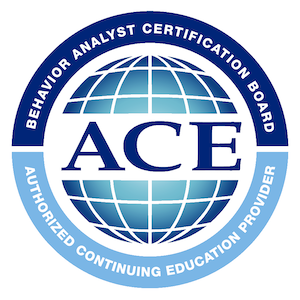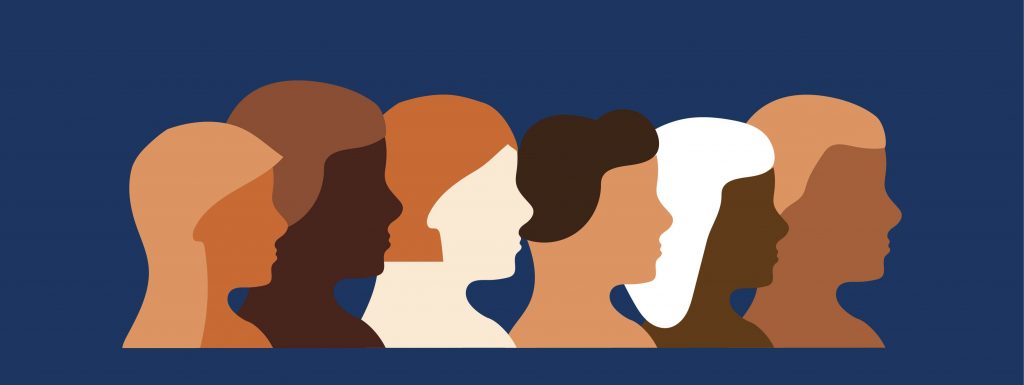Research and Evaluation provides an opportunity to not only demonstrate why we were established as an Institute but also to fulfill our mission of “Intentional Influence”.
Our research and evaluation activities not only benefit our clients and customers in our service delivery, learning delivery and consultancy business areas they have a larger reach across the industry throughout Australia and the international community.
As an Institute which also provides direct support to individuals, who present with complex behaviours that others find challenging and who come from a variety of ages, backgrounds and circumstances – we are in a unique position to bridge the gap between the academic and the real world.
We are well placed within the human and community services to identify the disconnects between the research and the real-world application and design research and evaluation projects to bring the two together.
We strongly support the use of evidence-based practice in service delivery and a key goal of our research strategy is to go beyond outcome to impact in our research activities.
We conduct research and evaluation to bring new knowledge, new and refined practice models, and more efficient training models to the human and community services industries.
We will take a novel approach to human & community services research and evaluation by using NHMRC frameworks to encourage and enable the industry to take the lead and produce credible, inclusive, and evidence-based research & evaluation that focuses on impact as well as outcomes …and can be widely published.

|
Partnership |
Developing meaningful academic and industry partnerships to further our research agenda and mission |
|
Bridging the Gap |
Research closing the gap between theory and the real world |
|
Sharing Our Knowledge |
Ensuring what we learn benefits the broader industry through meaningful dissemination activities |
|
Instituting Change |
Using our research to impact the sector and trigger beneficial change on all levels |
Our Research Agenda
All research conducted will include social validity (e.g., quality of life indicators) and/or social economic outcome measures. This is an essential component related to our goals around dissemination, policy change, and practice improvements.
Behaviour Disorders & Challenging Behaviours
Validation of the ABA research on assessment and treatment of challenging behaviours from USA with Australian populations (including Aboriginal/Torre Strait Islander) and individuals without an ASD diagnosis (e.g., mental health, dementia, ADHD, intellectual disability, ODD, EBD)
Skill Development
Validation of the ABA research on the assessment and intensive early intervention procedures from USA with Australian populations (including Aboriginal/Torre Strait Islander).
Human Services Standard Practice
Assessment of common practices used in the human services industry (e.g., sensory diets, social stories) to determine if they are effective practices.
Trauma
Demonstrate how the application of behaviour science based strategies can improve the quality of life of individuals who have experienced trauma.
Neurodegenerative Disorders
Demonstrate how behaviour science can be applied to address the deficits and challenging behaviours associated with neurodegenerative disorders (e.g., dementia, Alzheimers) and improve their quality of life.
Pharmacological Treatments
Conduct a longitudinal direct comparison between the use of pharmacological treatment for behaviour disorders with behaviour therapy. Assess the behaviour outcomes, quality of life outcomes, and neurological changes.
Educational Outcomes
Demonstrate how behaviour science can be utilised in the classroom to improve educational outcomes for students, improve general classroom management, and impact teacher satisfaction.
Out of Home Care
Demonstrate how behaviour science can be applied to children in out of home care (OOHC), carer assessment, and carer training to improve quality of life for OOHC children and carers.
Organisational Outcomes
Demonstrate how procedures and processes based on behaviour science and evidence-based practices can be applied to improve organisational outcomes in Australian businesses and industries.
Training Methodology
Validate the behaviour science based training research from the USA in Australia and validate training packages developed through Lojic Learning.
Validation of Business Tools
Develop an evidence-base through systematic evaluation of tools being provided to businesses to support practice development and business sustainability including measures of overall organisation/business satisfaction and social/social-economic improvement.

Our partners
Lojic Institute works in partnership with tertiary institutes, other service providers, and research institutes to meet our research goals.
We are always open to building new research partnerships. You can also commission us to conduct research on your behalf or assist you with a research or evaluation project.
If you would like to partner with us on a research project please contact us.
Ethics Group
Given our mission is Intentional Influence a key focus of our ethics group is being accessible for community and human service organisations to conduct research and evaluation and intend to seek NHMRC registration as a Human Research Ethics Committee.
In our experience a lot of existing HRECs are either university-based and do not fully grasp the intricacies of community-based research or sit within large companies for review of projects related to their clients.
We want our ethics group to be available to any community or human services organisation looking to conduct research and evaluation regardless of where they are recruiting participants.
We believe that supporting and encouraging community-based research in this manner will help open the flood gates on research and evaluation in the human and community services.
As a result we hope to see more community-based research reaching the academic, government and industry channels including research journals.
Ultimately, we hope that this will result in the community being in a stronger position to set the research agenda for the government and academia.
Lojic ensures that ethics group members cannot be held liable for their work with the Lojic Institute ethics group.
Expressions of Interest
We are on the lookout for members of our ethics group. If you are interested in taking part in expanding community-based research in Australia while ensuring participant rights are upheld then look no further.

Our Presentations
2022
- Applying a constructional approach to PBS in Australia, ABAA, Sydney
- A constructional approach to treating high-risk non-adherence to post-operative care, ABAA, Sydney
- Alternative strategies to restrictive practices for reducing smoking rates in individuals with Intellectual Disabilities and Schizophrenia (Poster), ABAA, Sydney
2021
- A behaviour analytic approach to organizational culture. ABAI, Virtual Engineering exemplary staff performance in clinical services: Where do we start? NZABA, Auckland, NZ
2020
- Managing staff and clients spanning a large geographic area. ABAI, Washington D.C., USA
2019
- The application of behaviour sciences to address problem behaviours in clinical populations. Addiction Therapy & Clinical Reports, Barcelona, Spain
- When behaviour change procedures are not appropriate. NZABA, Christchurch, NZ
- If, and how, to intervene: Case composites highlighting the complexities of ethically providing behaviour support. NZABA, Christchurch, NZ
- Working across the age groups – similarities, differences, and ethical considerations. ABAA, Melbourne
- Applying a Performance Improvement Framework to Behaviour Support in Human Service Settings. ABAA, Melbourne
2018
- Quantitative review of the application of ABA in dementia care (Poster), NZABA, Auckland, NZ
- Comparison of reinforcer assessments with individuals with autism spectrum disorders. NZABA, Auckland, NZ
- Applications of ABA in the clinical population going beyond children with autism. NZABA, Auckland, NZ
- The triumphs and challenges of working with families, carers, and support workers (Poster), NZABA, Auckland, NZ
- The analysis of precursors to multiply-maintained problem behaviour for an individual with autism. ABAA, Brisbane
Our Articles

